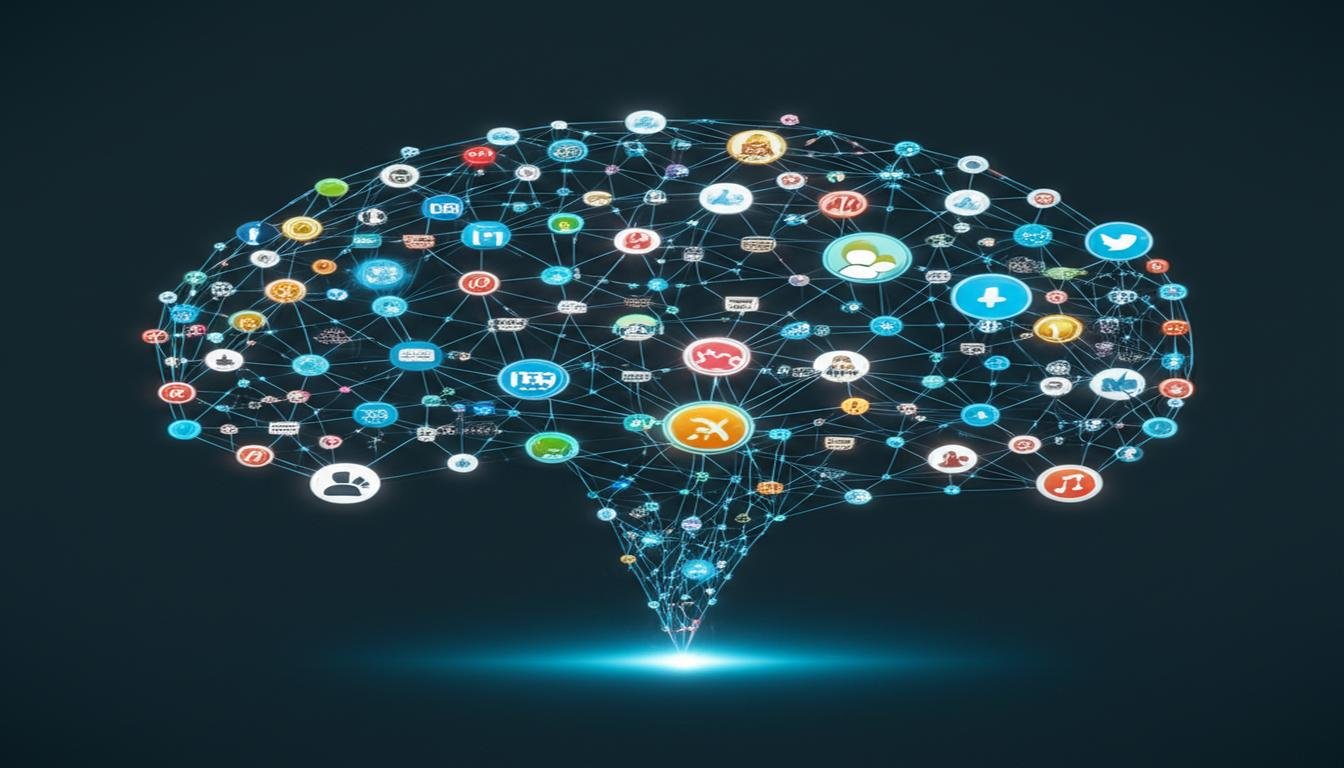Ever had that feeling? You know, the one where you see a headline and a chill runs down your spine because it hits a little too close to home? Well, buckle up, because the latest news in the world of work might just do that.
We’re talking about a six-figure job, a role that many aspire to, now being handled by algorithms and code. It’s not just a sci-fi movie plot anymore; AI job replacement is happening, and it’s happening fast. The question isn’t if artificial intelligence will change your industry, but when and how much.
The $100K Job AI Just Took Over
Let’s talk about Sarah (not her real name, of course, but her story is very real). Sarah was a highly skilled, highly paid Senior Financial Data Analyst. For years, her job involved sifting through mountains of financial statements, market data, and regulatory documents. She’d identify trends, flag anomalies, and generate complex quarterly reports. It was precise, demanding work, often involving long hours – and it paid well, easily clearing $100,000 annually.
Then, her company invested in a new AI-powered platform. This wasn’t just fancy software; it was an advanced artificial intelligence system designed specifically for financial analysis. What took Sarah hours, sometimes days, to research and compile, the AI could do in minutes. It could spot micro-trends human eyes might miss, cross-reference millions of data points instantly, and even draft initial report summaries based on its findings.
Within months, Sarah’s role, as she knew it, became largely redundant. The strategic, high-level analysis still needed a human touch, but the bulk of the data collection, pattern recognition, and routine report generation – the very tasks that formed the core of her $100K role – were now automated. Her story isn’t unique; it’s a stark example of the AI impact on jobs in today’s economy.
Why Was This Job Vulnerable to AI?
Sarah’s role, despite its complexity, had certain characteristics that made it ripe for automation:
- Repetitive Tasks: A lot of her work involved performing the same analytical processes on new data sets.
- Pattern Recognition: Identifying trends and anomalies is something AI excels at, especially with large datasets.
- Data-Intensive: Her job was all about processing and making sense of vast amounts of information, a core strength of AI.
- Rule-Based: While complex, much of financial analysis follows established rules and models that AI can be trained on.
Are You Next? Assessing Your Job Security in the AI Era
It’s natural to wonder if your job might be on the AI job replacement list. Don’t panic, but do take a realistic look. Jobs most susceptible to AI job displacement often share similar traits to Sarah’s:
- Roles with highly repetitive tasks.
- Jobs that primarily involve data entry or processing.
- Positions focused on routine decision-making based on clear rules.
- Work that doesn’t require high levels of creativity, emotional intelligence, or complex human interaction.
Think about manufacturing, basic customer service, data entry, certain administrative tasks, and even some areas of accounting and legal work that involve extensive document review. These are all facing significant shifts.
Protecting Your Career: Upskilling for the Future of Work
So, what can you do? The answer isn’t to fear AI, but to understand it and adapt. The future of work isn’t job-less; it’s job-different. Here’s how to boost your job security AI impact:
1. Embrace AI as a Tool
Instead of seeing AI as a threat, learn to use it. If AI can automate part of your job, learn how to manage and leverage AI tools. Become the person who understands how to prompt an AI, interpret its output, and integrate it into your workflow. Learning to work *with* AI, not against it, is crucial for career changes and growth.
2. Double Down on Human Skills
AI struggles with what makes us uniquely human. These are your superpowers:
- Creativity and Innovation: AI can generate, but it can’t truly innovate or feel inspiration.
- Emotional Intelligence: Understanding and managing human emotions, negotiation, empathy – these are strictly human domains.
- Critical Thinking and Complex Problem-Solving: AI can analyze data, but strategic planning, ethical reasoning, and solving truly novel, unstructured problems still require human insight.
- Interpersonal Communication: Building relationships, leadership, and nuanced communication remain essential.
3. Continuous Learning and Reskilling
The days of learning one skill set for life are over. The digital transformation demands constant upskilling for the AI era. Look for courses, certifications, and workshops in:
- Data analytics (beyond basic reporting, focusing on interpretation and strategy)
- AI literacy and prompt engineering
- Digital marketing and social media trends
- Project management, especially in tech-driven environments
- Specific niche skills within your industry that require human judgment.
Invest in yourself. Your ability to learn and adapt is your strongest asset against jobs replaced by AI.
The Bottom Line: Don’t Just Survive, Thrive!
The story of the $100K job isn’t meant to scare you, but to serve as a wake-up call. The world is changing, and the job market trends are clear: routine work is vulnerable, but roles that demand unique human qualities are gaining value. By proactively reskilling and focusing on what AI can’t do, you won’t just protect your career; you’ll position yourself for success in this exciting new era.
So, are you next? Only if you choose to be. Choose to learn, choose to adapt, and choose to thrive.









